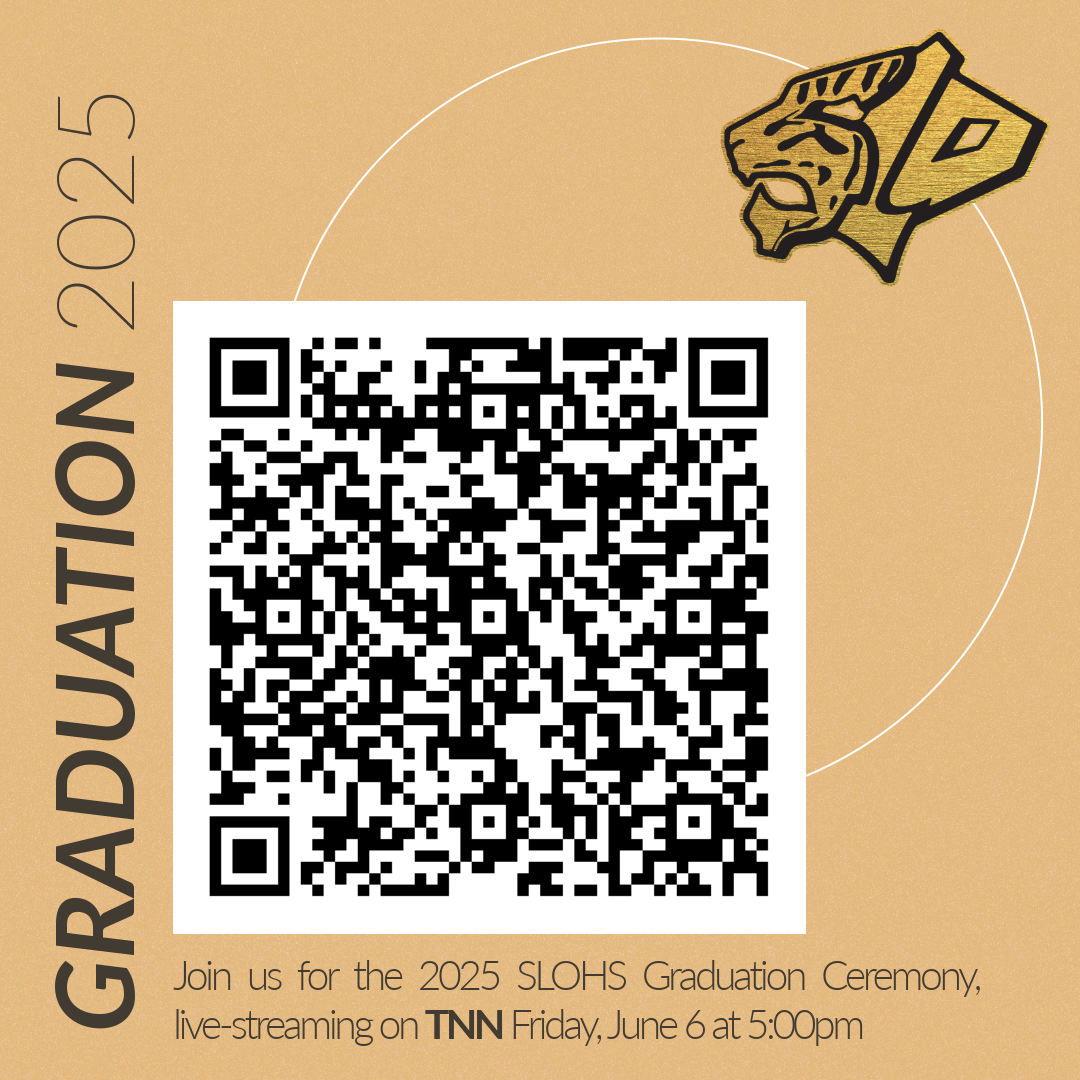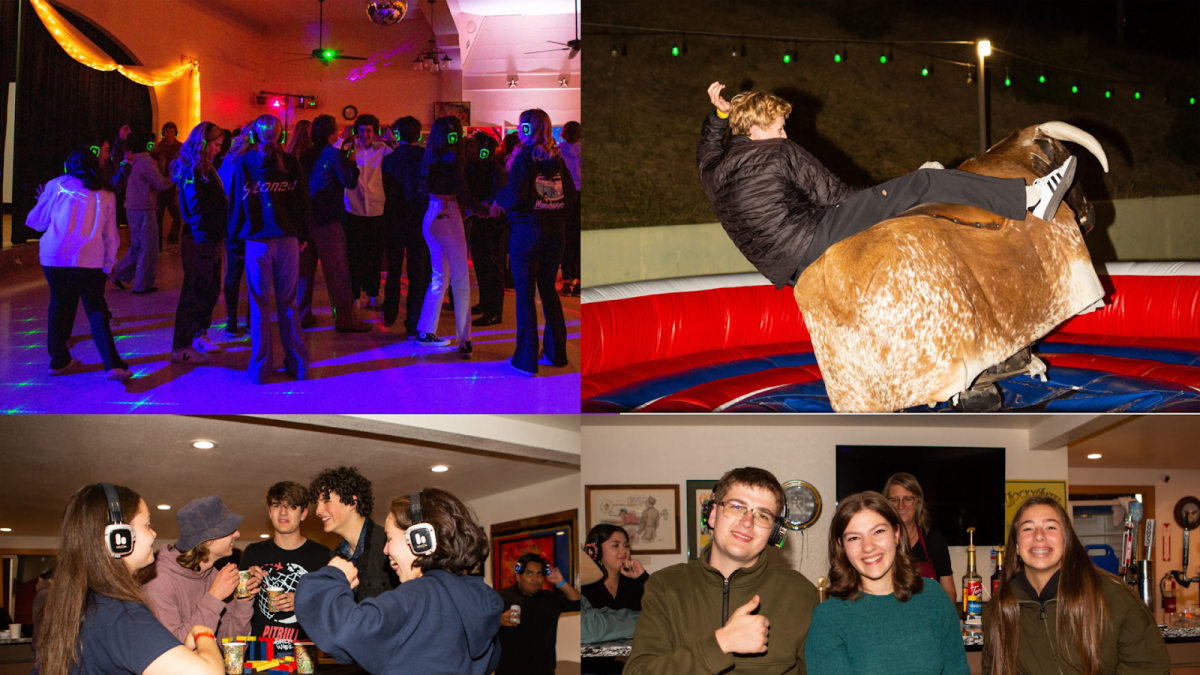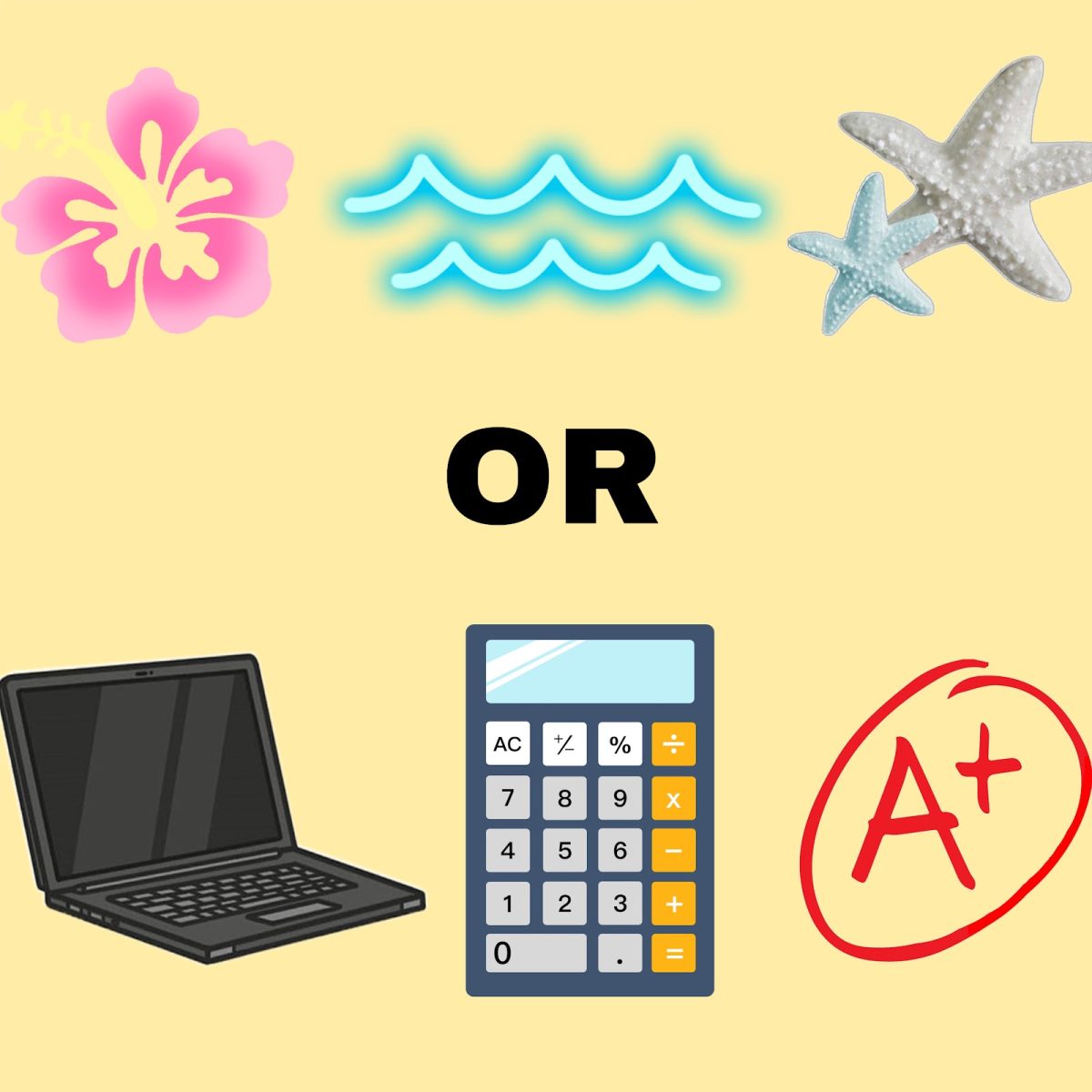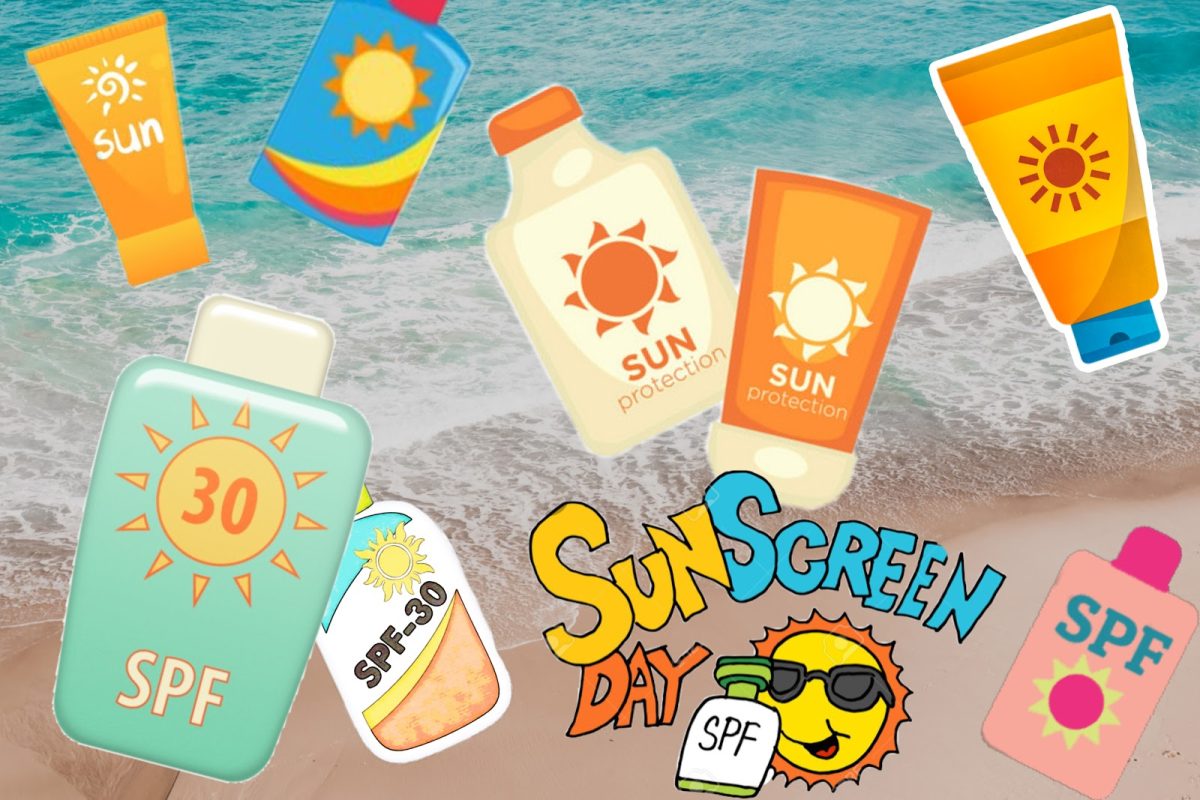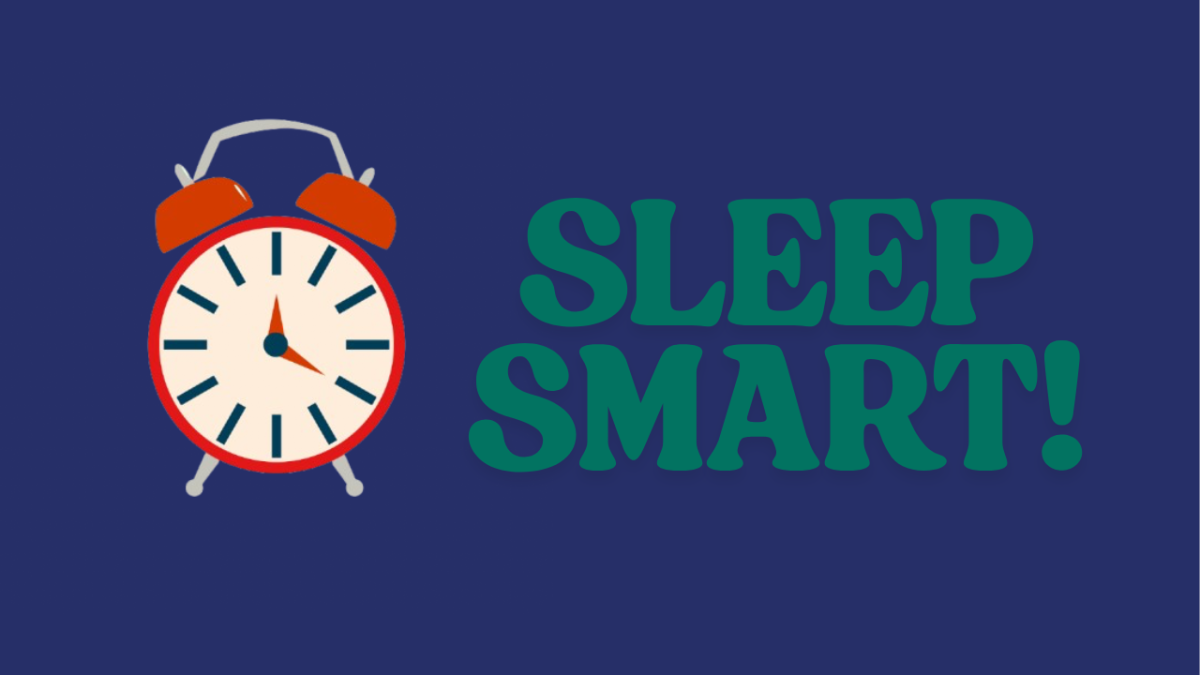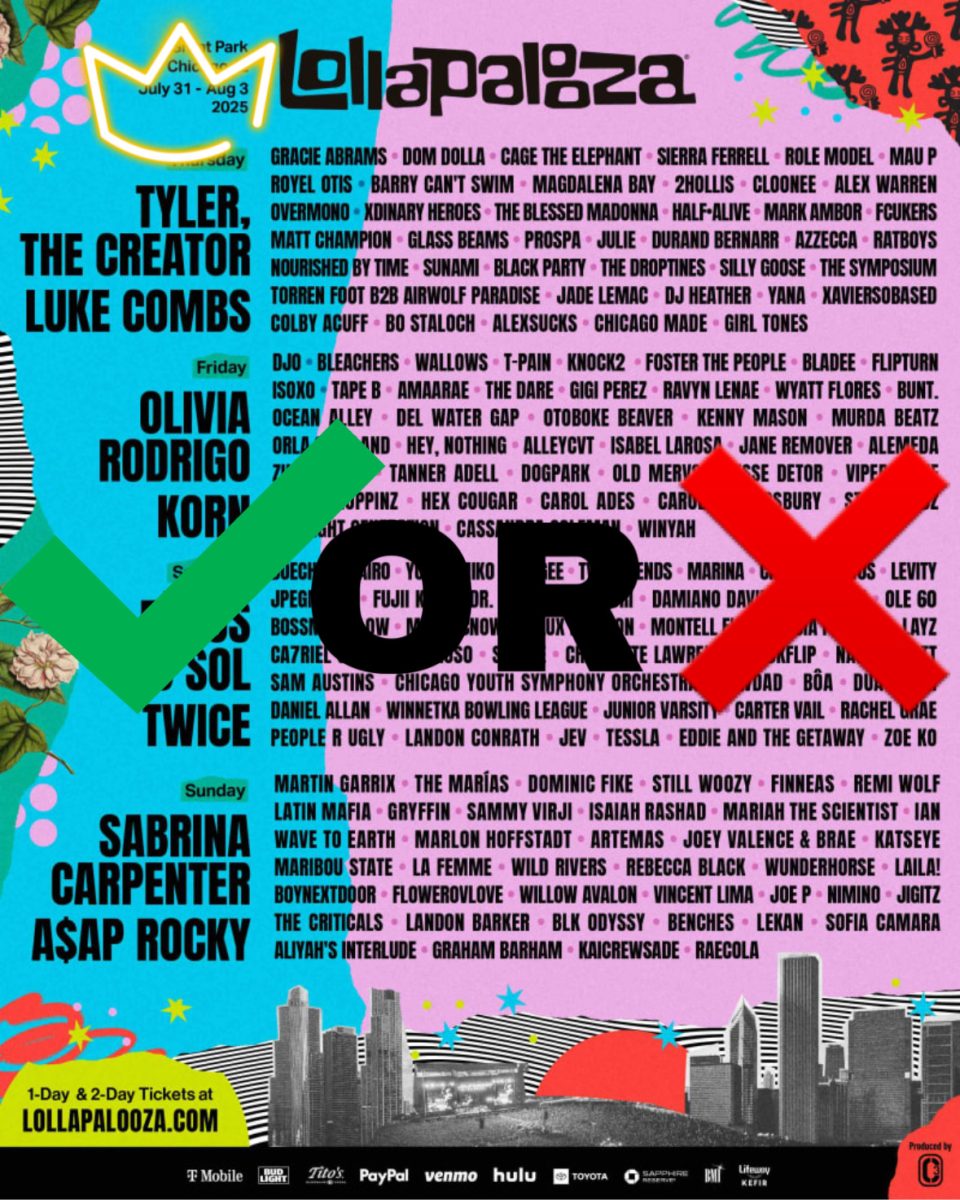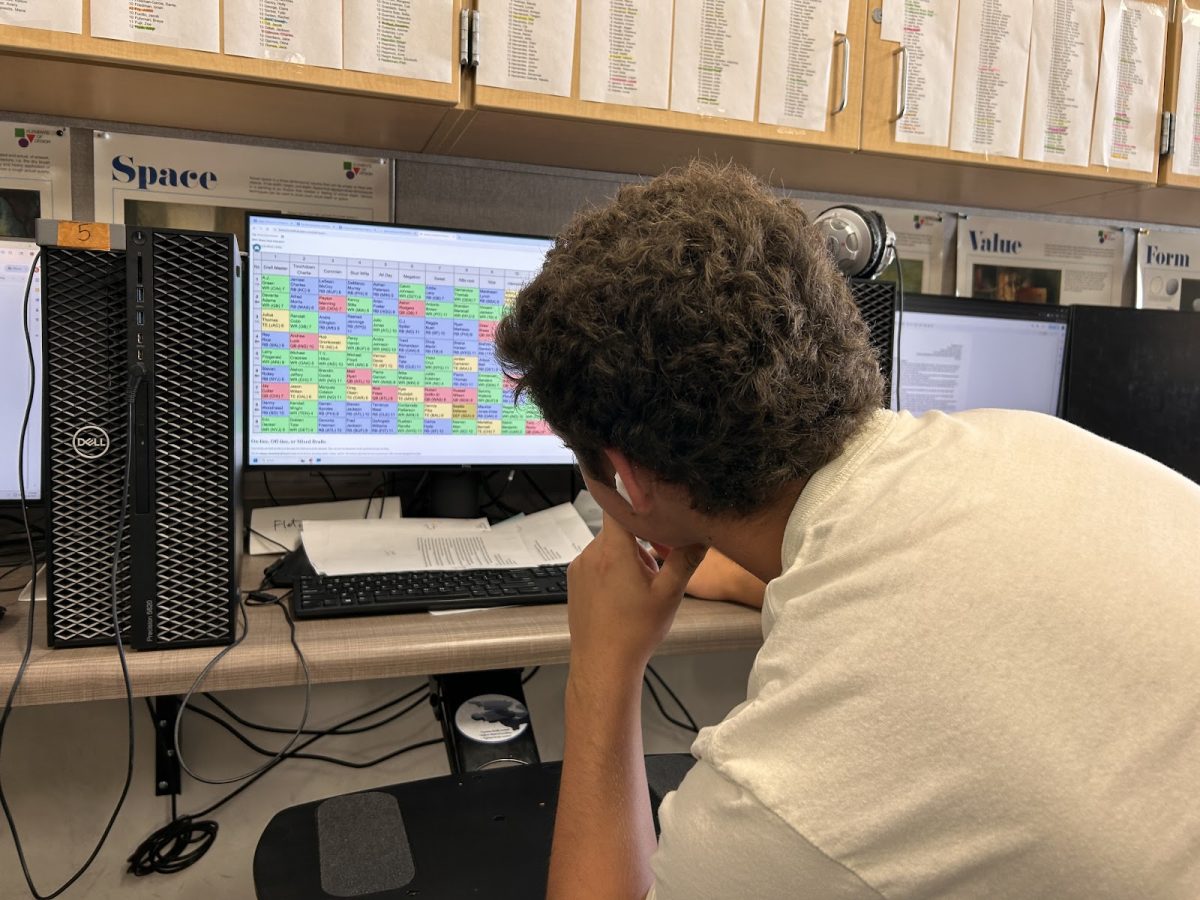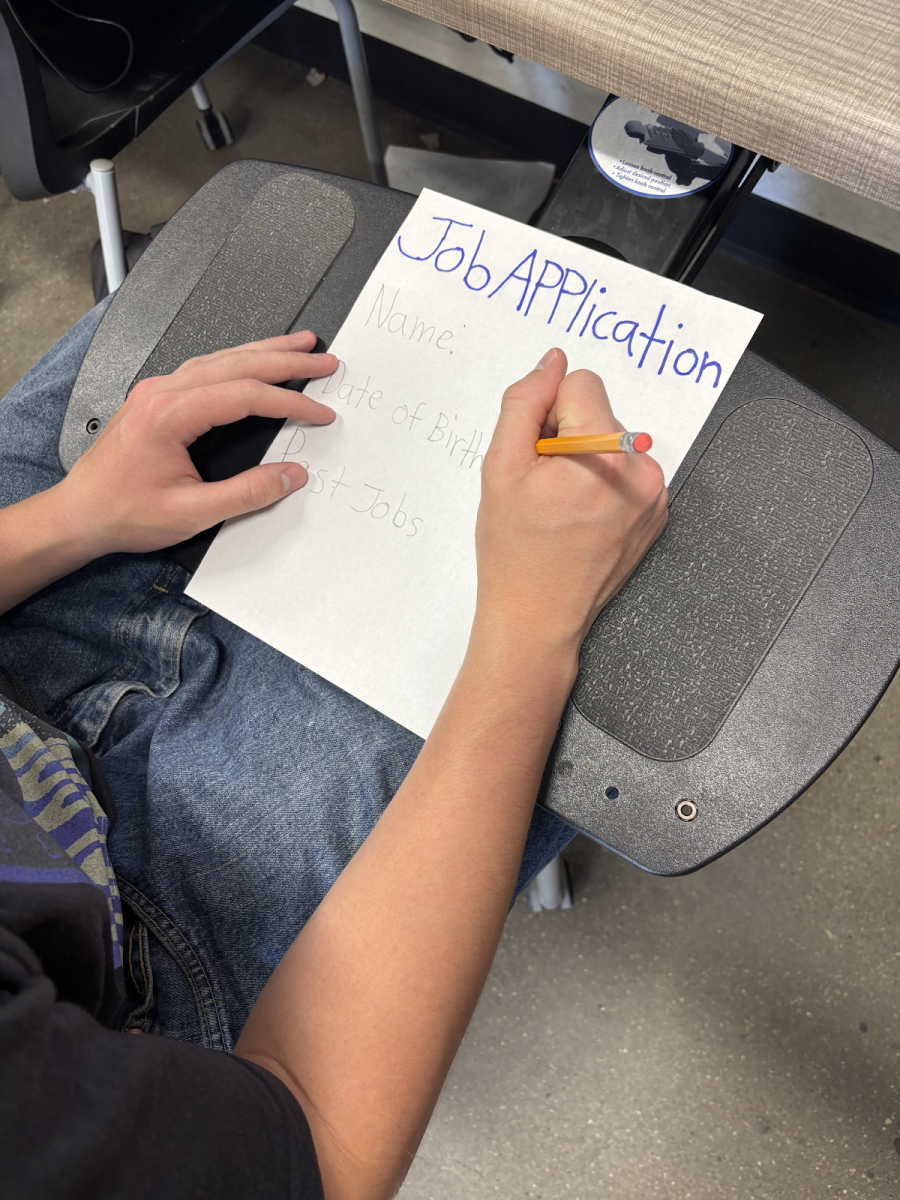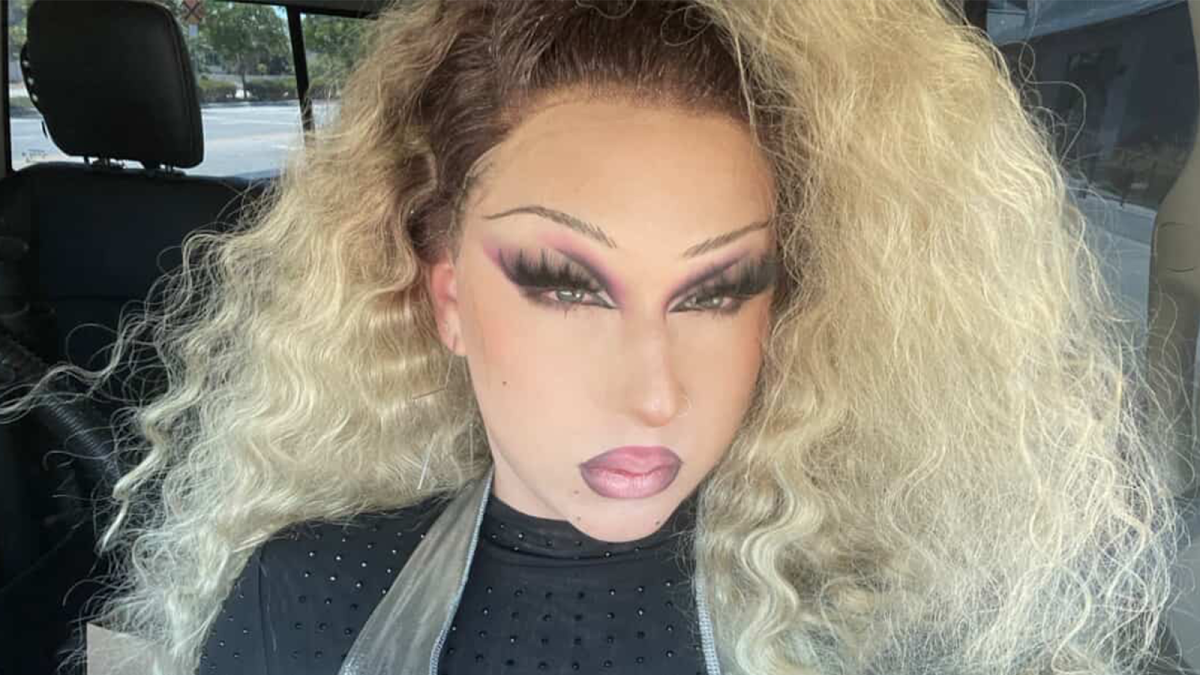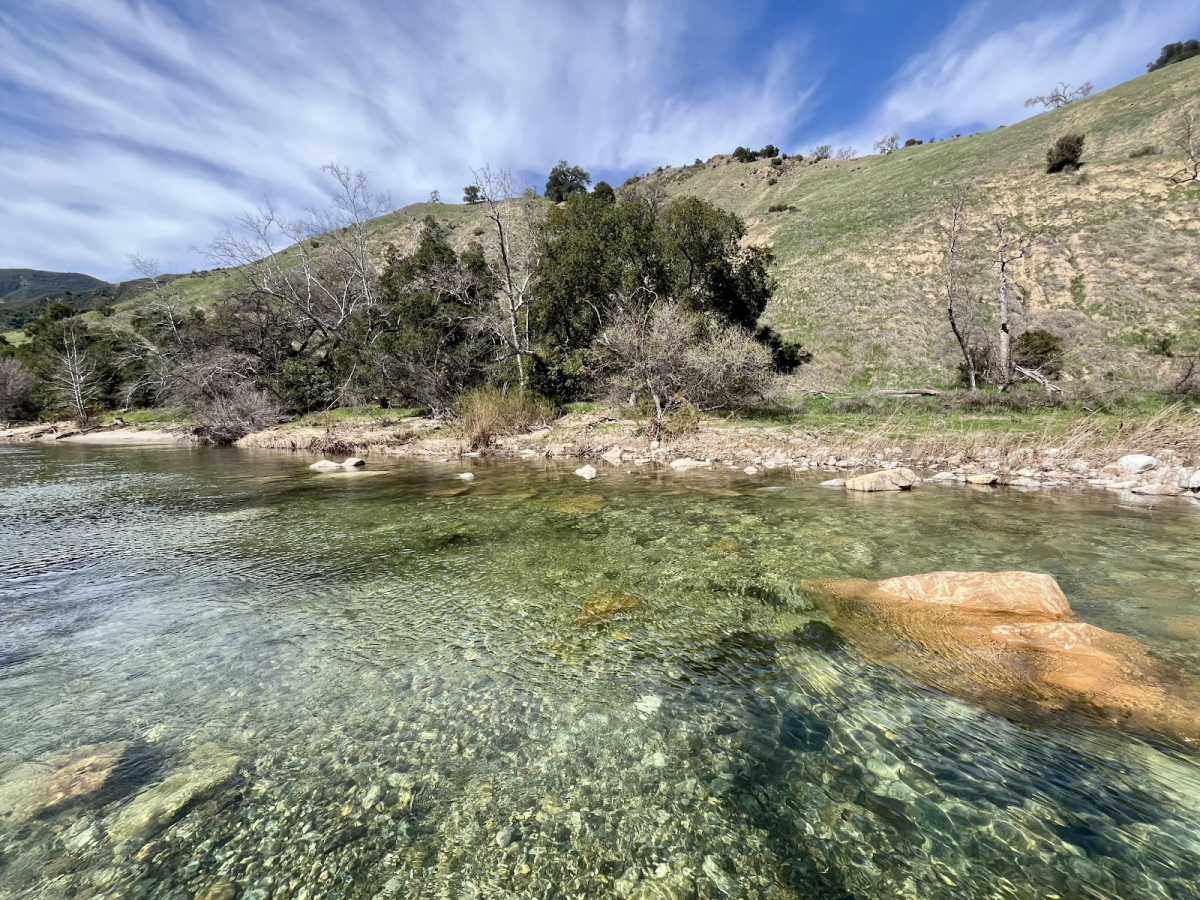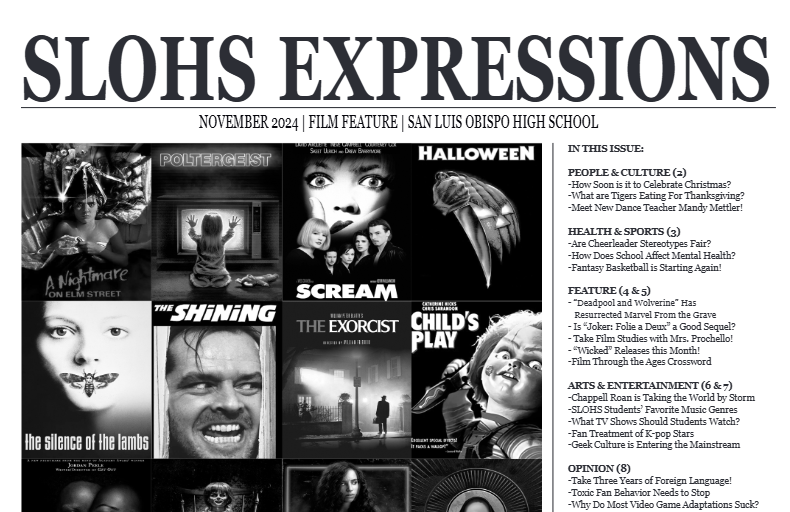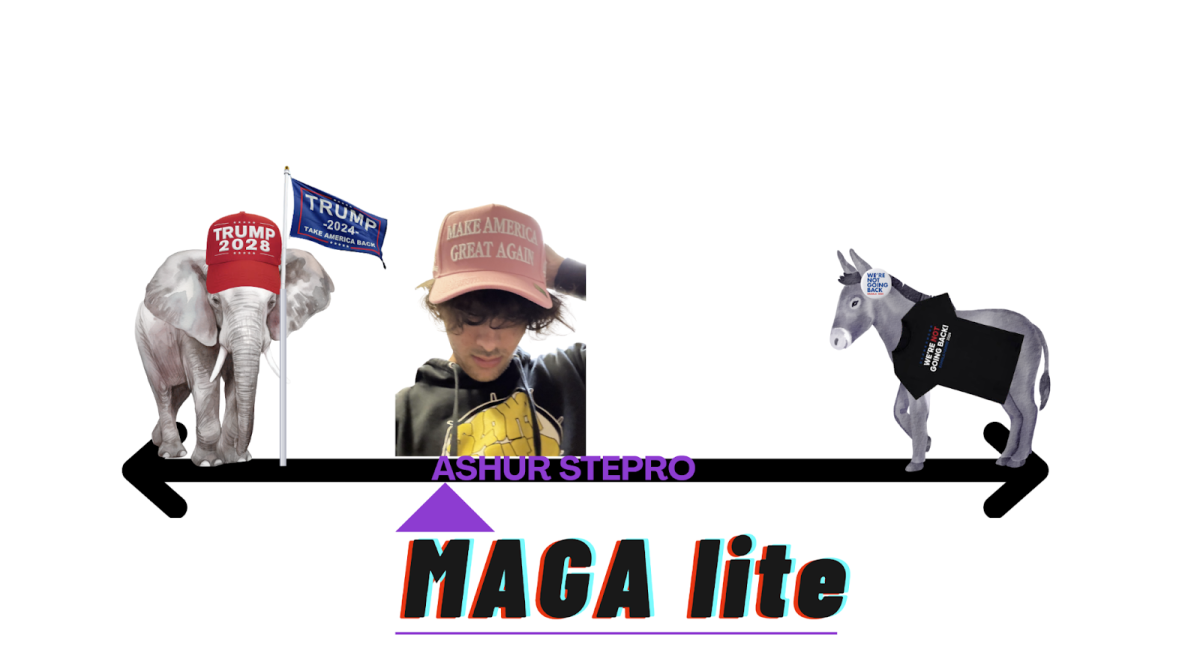Photo Courtesy of the New York Times.
There is time in every LGBTQ+ person’s life where they come to a conclusion. They decide to define themselves and over the years, these labels have become more and more concise. Some labels include asexual, pansexual, and nonbinary. Expressions recognizes the importance of labels to many LGBTQ+ youth both on the San Luis Obispo High School campus and in the rest of the world, but we want to introduce a new conversation about the future of labels.
The New York Times found through polling that as of February 24th, 2021 5.6% of American adults identify as LGBTQ+, and that one in six adults in Generation Z identify as LGBTQ+. This is fifty-two years after the Stonewall Bar Riots. The world is changing, evolving, we are focusing on the human experience and what truly builds an identity. As more young people start to discover their own sexual and gender identity, how will these labels change in a more accepting world?
“For me personally, labels on my sexuality have helped to build my identity and make me feel more human; however, I have seen mainstream culture put close friends, family, and even celebrities in a box and define them as “gay” in a way that makes them seem inhuman,” said junior Emilia Gambucci.
To have a comfortable, concrete, identity is powerful. It justifies you as a real person in society. Since the beginning of LGBTQ+ movement people with solid and commanding identities have always been the driving force behind change. From Martha P. Johnson to Harvey Milk, these individuals have taught to embrace who we are and fight for our rightful place in the world. So as we move forward towards a society where transgender people can be lawmakers, gay men can start multi-million dollar businesses, where nonbinary preformers can take world by storm, and a country that embraces all of its people, are labels going to go out of fashion. Those groups which have always enjoyed privilege have never been expected to come out to their parents, to fight to change their gender on a license, or to explain their gender identity; so why should the LGBTQ+ community.
“Maybe when we, as a world society, seem more concerned with people than money and power, we’ll get there [a world without labeling]. So many labels intended to degrade, dehumanize, dismiss, or “segregate” people, are ingrained in our culture. There are a variety of groups that have a huge investment in labeling differences and attracting like-minded people to join with them separating people. When fear, hate, and judgement take a backseat to kindness and respect for ALL people, we’ll know we’re there,” said Special Education Teacher and GSA advisor Bridget Bogust
We define ourselves for our own benefit; to create an identity or to become a part of culture or movement. The process of labeling and recording every difference archaic. It is only used to fit someone into a box so that outsiders can better understand. Why is that needed? Why do we need to explain our identities to others, especially something as personal as one’s sexuality? Humans are diverse and unique, so why are shoving ourselves into such a confining identity?
Sources:


